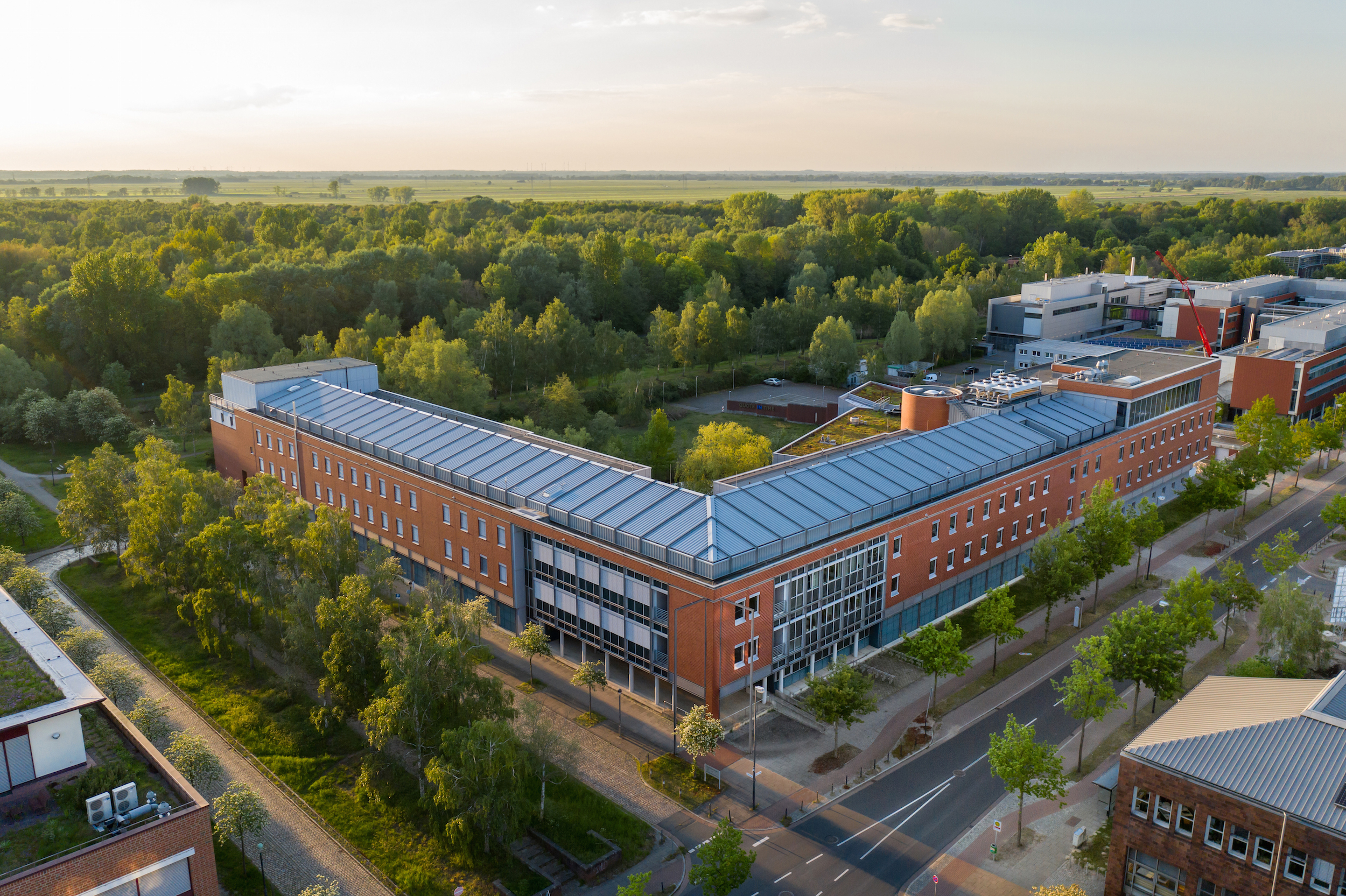Scroll to Section:
Massive algae blooms appear in spring in certain bodies of water only to vanish within a number of weeks. In this video, BERNHARD M. FUCHS analyzes the degradation of such algae, exploring which organisms are involved and what they actually do. Employing methodologies involving ribosomal RNA, in situ hybridization and metagenome sequencing, Fuchs finds that a strikingly limited range of organisms (Flavobacteria) are active in this process and that their activities become increasingly complex over the duration of the algae bloom. Showing how genetic information can be used to predict ecological activity, the work makes a significant contribution to our understanding of the vital role played by microorganisms.
DOI:
https://doi.org/10.21036/LTPUB10828
Institution

Max Planck Institute for Marine Microbiology
At the Max Planck Institute for Marine Microbiology (MPIMM), we are investigating microorganisms in the sea and other waters. What role do they play, what are their characteristics and how great is their biodiversity? What is the contribution of microorganisms to the global cycles of carbon, nitrogen, sulfur and iron? What does this mean for our environment and our climate? These and many other questions will be answered by researchers from around the world, engineers, technicians and numerous others at the MPIMM. Their fields of expertise range from microbiology to microsensors, geochemistry to genome analysis and molecular ecology to modelling.
The MPIMM was founded in 1992 and is part of the Max Planck Society (MPG). Since 2002, the MPIMM has been running the International Max Planck Research School of Marine Microbiology ( MarMic ), a program for highly qualified master students and graduates of our institute and the Bremen Research Alliance partner Bremen University, Alfred Wegener Institute Helmholtz Center for Polar and Marine Research ( AWI ) and Jacobs University.
Show more
Original publication
Recurring Patterns in Bacterioplankton Dynamics during Coastal Spring Algae Blooms
Elife
Published in 2016
Reading recommendations
Polysaccharide Utilization Loci of North Sea Flavobacteriia as Basis For Using SusC/D-protein Expression for Predicting Major Phytoplankton Glycans
The ISME journal
Published in 2019
In Marine Bacteroidetes the Bulk of Glycan Degradation During Algae Blooms is Mediated by Few Clades Using a Restricted Set of Genes
The ISME journal
Published in 2019
Beyond
A Ground-breaking Scientific Revolution
An Alarming Challenge for Society
If I Had a Second Life
A Personal Reading Recommendation



